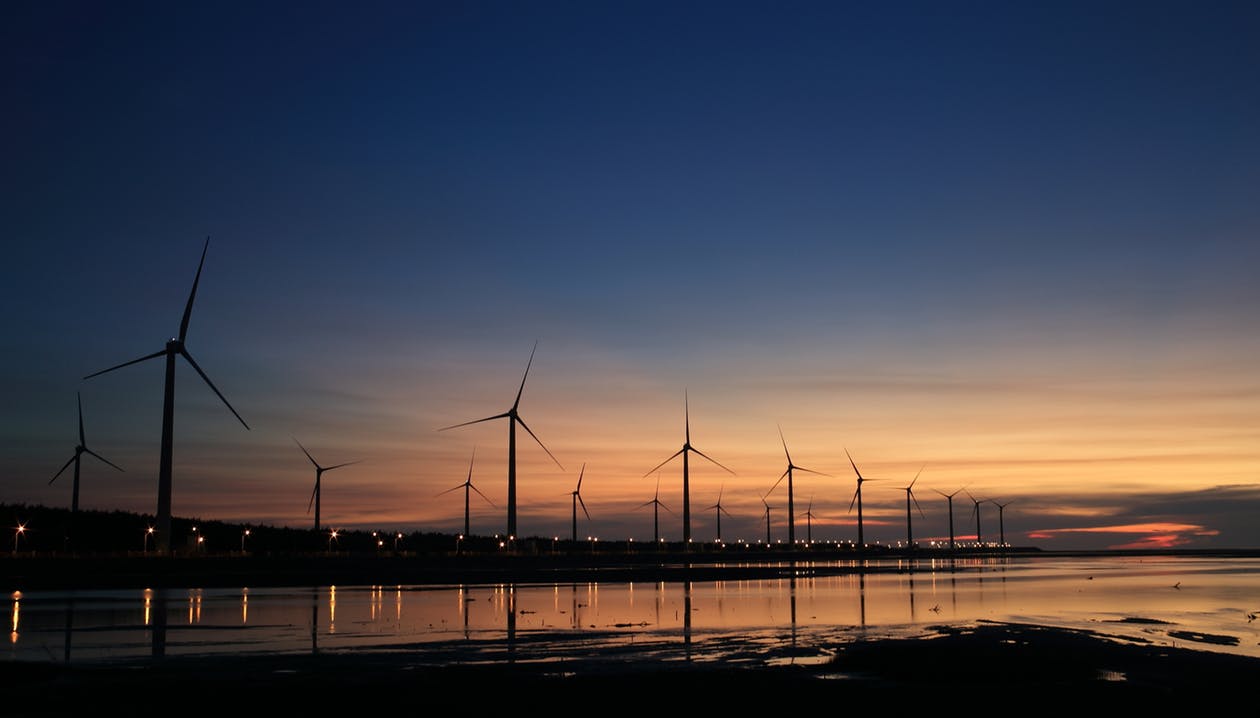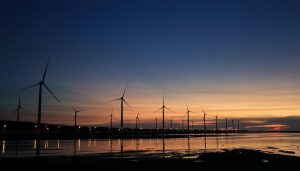Energy secretary Alok Sharma has turned down an application for a development consent order (DCO) by Vattenfall Wind Power Ltd to extend Thanet offshore wind farm.
The Nationally Significant Infrastructure Project (NSIP) application sought permission to construct and operate up to 34 wind turbine generators and associated offshore and onshore infrastructure approximately 8km off the Kent coast, at the closest point.
It would have had an installed capacity of up to 340MW.
The turbines would have had a maximum tip height of up to 250 metres, up to one meteorological mast and up to one offshore substation. The onshore electrical works consist of cables running from mean low water springs at Pegwell Bay to a new onshore substation at Richborough Port, then onward through an underground connection to the National Grid substation at Richborough Energy Park in Kent.
The Planning Inspectorate recommended that consent for the development should be withheld. Sharma agreed with its recommendation.
Sharma paid regard to the relevant national policy statement (NPS) – EN-3 – for renewable energy infrastructure. He also considered the NPS Ports (NPSP), which applies to the development of major ports infrastructure. Although this is not an application under NPSP, it has been considered under the system because the application “affects major ports, including some that are NSIP ports and the prospective development of future ports, most particularly in the Thames estuary”.
The impact of the extension to the wind farm on marine navigation, shipping and ports was the most contentious issue for interested parties throughout the examination, explain inspectors Rynd Smith, Stephen Bradley and Jessica Powis in their report. These include bodies that have to deliver and maintain a safe and efficient maritime environment, and port authorities and the operators of shipping and pilotage services.
The inspectors found that Vattenfall Wind Power Ltd’s scheme failed to comply with NPS EN-3 paragraph 2.6.153, which requires early stakeholder engagement to ensure that solutions are sought that allow offshore wind farms and navigation uses of the sea to successfully coexist.
Under this paragraph, the secretary of state should not consent applications that pose “unacceptable” risks to navigational safety after all possible mitigation measures have been considered.
The Planning Inspectorate concluded that Vattenfall Wind Power Ltd “failed to demonstrate sufficient mitigation of risks to safety of navigation to make them As Low As Reasonably Practicable (ALARP)”.
Sharma, concurring with the inspectors, concluded that
“approving this application would not be in accordance with EN-3 policies relevant to shipping, navigation and ports because the proposed development does not reduce the increased navigational risk to ALARP”.
Read more: Planning Portal





